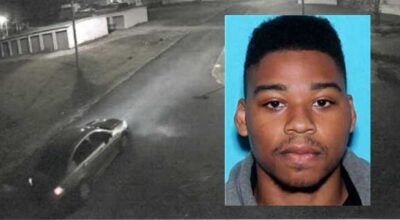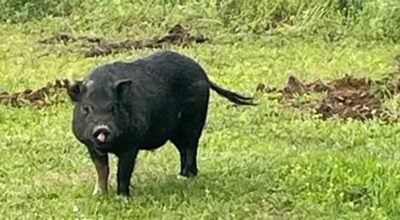Alabama man gets 7 years in prison for defrauding COVID relief funds
Published 2:44 pm Thursday, October 27, 2022
A federal judge Thursday sentenced a Tuscaloosa man for defrauding the Small Business Administration’s Paycheck Protection Program (PPP), announced U.S. Attorney Prim F. Escalona and Federal Bureau of Investigation Acting Special Agent in Charge Felix A. Rivera-Esparra.
Chief U.S. District Court Judge L. Scott Coogler sentenced Quincy T. Doss, age 41, to 60 months in prison for the underlying PPP loan fraud and an additional 24 months for having committed the offense while on supervised release for other unrelated federal crimes. Doss will serve his terms consecutively, resulting in a total custodial sentence of 84 months followed by three years of supervised release. Doss pleaded guilty to wire fraud in June 2022.
According to the plea agreement, between April 2021 and November 2021, Doss submitted false and fraudulent PPP loan applications and received two separate PPP loans totaling more than $220,000. In the loan applications, Doss falsely represented that his business was in operation and had employees for whom it paid salaries, that the funds would be used to retain workers, and that the information provided in the loan applications was true and accurate.
“The defendant defrauded a program intended to assist small business owners and their hard-working employees who suffered as a result of the COVID-19 pandemic,” U.S. Attorney Escalona said. “My office remains committed to investigating, prosecuting, and seeking stiff custodial sentences for those who took advantage of a national crisis to line their own pockets.”
“Greed drove Doss to enrich himself by defrauding a government program intended to provide relief and ease the pain of COVID-19 economic restraints on working Americans,” Acting SAC Rivera said. “The sentence handed down today should serve as a message that the FBI and our partners will not relent in holding accountable those who exploit the PPP and other federal programs for personal gain.”
FBI investigated the case. Assistant U.S. Attorney Jonathan “Jack” Harrington prosecuted the case.
Throughout the country, federal, state, and local law enforcement are on high alert to investigate reports of individuals and businesses engaging in a wide range of fraudulent and criminal behavior related to coronavirus assistance programs. For more information about these scams visit https://www.justice.gov/coronavirus/combatingfraud.





